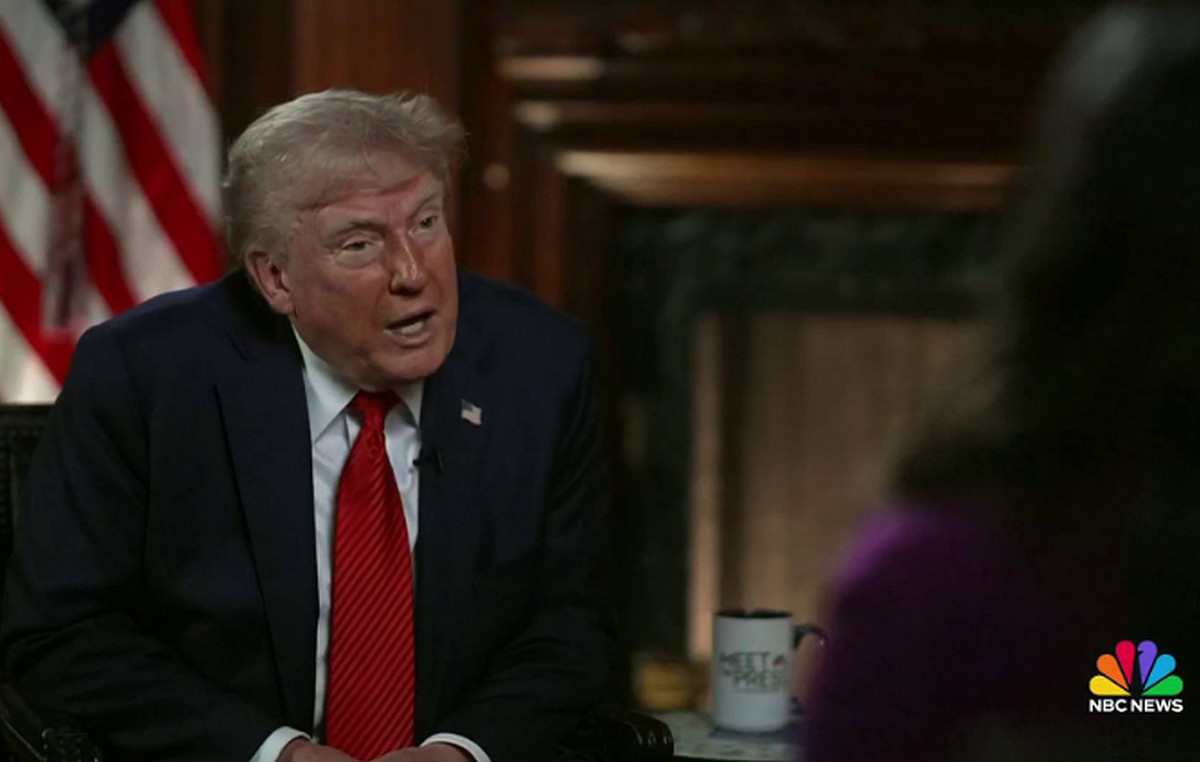The US economy unexpectedly contracted in the first quarter as the resurgence in Covid-19 cases took a toll on activity, but the decline in production paints a misleading picture of activity amid solid domestic demand.
US Gross Domestic Product (GDP) fell at an annualized rate of 1.4% in the last quarter, the Commerce Department said in its GDP advance estimate on Thursday.
That was the first decline since the pandemic recession nearly two years ago.
The economy grew at a robust 6.9% in the fourth quarter.
Economists surveyed by Reuters had predicted the economy would grow at a rate of 1.1%. Estimates ranged from a contraction of 1.4% to growth of 2.6%.
The drop in production reflected a trade deficit and a moderate pace of stockpiling.
While the number could lead to fears of stagflation and recession in some quarters, it is not a true reflection of the economy.
Consumer spending was solid and business investment in equipment accelerated sharply.
The Federal Reserve is expected to raise the interest rate by 50 basis points next Wednesday (4), and will soon start cutting its asset portfolio.
The US central bank raised its interest rate by 25 points in March, the first increase in more than three years, as it fights inflation. Annual consumer prices rose in March at their fastest pace in 40 years.
Even with rising food and gasoline prices, there is still no sign that consumers are backing down.
Strong wage gains amid a tight job market and at least $2 trillion in excess savings accumulated during the pandemic are providing relief from inflation.
Strengthening labor market conditions were bolstered by a separate Labor Department report on Thursday showing that initial claims for unemployment benefits fell by 5,000 to 180,000 in the week ended April 23.
Economists projected 180,000 orders for the last week. According to Bank of America Securities data, low-income consumers, who tend to be disproportionately affected by inflation, were showing greater resilience.
Still, fears remain that the Fed could aggressively tighten monetary policy and drive the economy into recession over the next 18 months.
Source: CNN Brasil
I am Sophia william, author of World Stock Market. I have a degree in journalism from the University of Missouri and I have worked as a reporter for several news websites. I have a passion for writing and informing people about the latest news and events happening in the world. I strive to be accurate and unbiased in my reporting, and I hope to provide readers with valuable information that they can use to make informed decisions.







